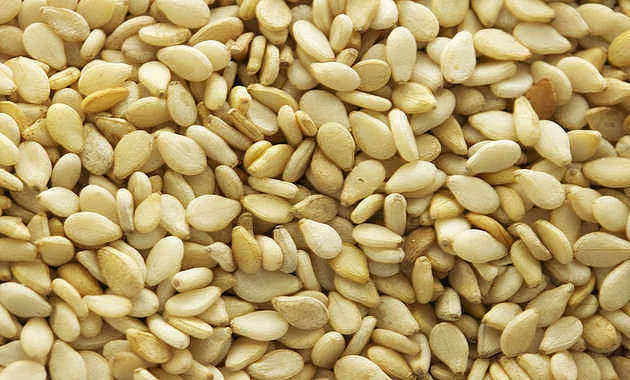Sahiwal — A China-Pakistan joint agricultural initiative in Sahiwal is set to transform sesame farming, with plans to export 5,000 tonnes of high-quality sesame to China by 2025.
The Biohealth Sesame Order Demonstration Farm, part of the China-Pakistan Biohealth Agriculture Overseas Technology Demonstration Park, welcomed a delegation from the Silk Road Biohealth Agriculture Industry Alliance of Northwest A&F University (NWAFU) earlier this week.
The project — jointly developed by China Machinery Engineering Corporation (CMEC), NWAFU, and Pakistan’s Ayub Agricultural Research Institute — has introduced advanced Chinese sesame varieties and production technologies. “Through trials, we identified varieties best suited to Pakistan and established technical standards for bio-healthy sesame production,” explained project leader Professor Zhang Lixin.
Pakistani experts trained at NWAFU, such as Dr Ammar, now form the project’s core technical team. Harvested sesame undergoes initial processing at CMEC facilities before testing in a joint laboratory. Approved batches are exported to China for use in food, pharmaceuticals, and industry.
Currently, the project manages 12 standardised farms spanning 500 acres, working with over 120 farmers through a contract farming model. Last year, it exported 3,500 tonnes to China; the target for 2025 is 5,000 tonnes, along with over 500 long-term local jobs. Long-term plans aim to expand production to 50,000 acres, delivering around 23,000 tonnes — more than 5% of Pakistan’s total sesame area.
Pakistan produces between 350,000 and 450,000 tonnes of sesame annually, but weather disruptions, such as last year’s torrential rains, can sharply reduce output. Zhang believes widespread use of modern technology could raise yields above 500,000 tonnes in favourable years.
Trials of 10 new sesame varieties found four exceeding yields of 130 kg per mu (0.165 acres), with the best reaching 230 kg. Wider-scale testing is planned, given that rainfall, sunlight, and fertilisation strongly affect yields.
Future plans include training programmes, farm visits, and online seminars, with a focus on flood-resistant varieties, smart farm management, mechanised harvesting, drone spraying, and biopesticides.
According to Zhang, “The bio-health industry chain model — connecting enterprises, universities, and farms — will ensure sustainable agricultural growth in Pakistan.”




